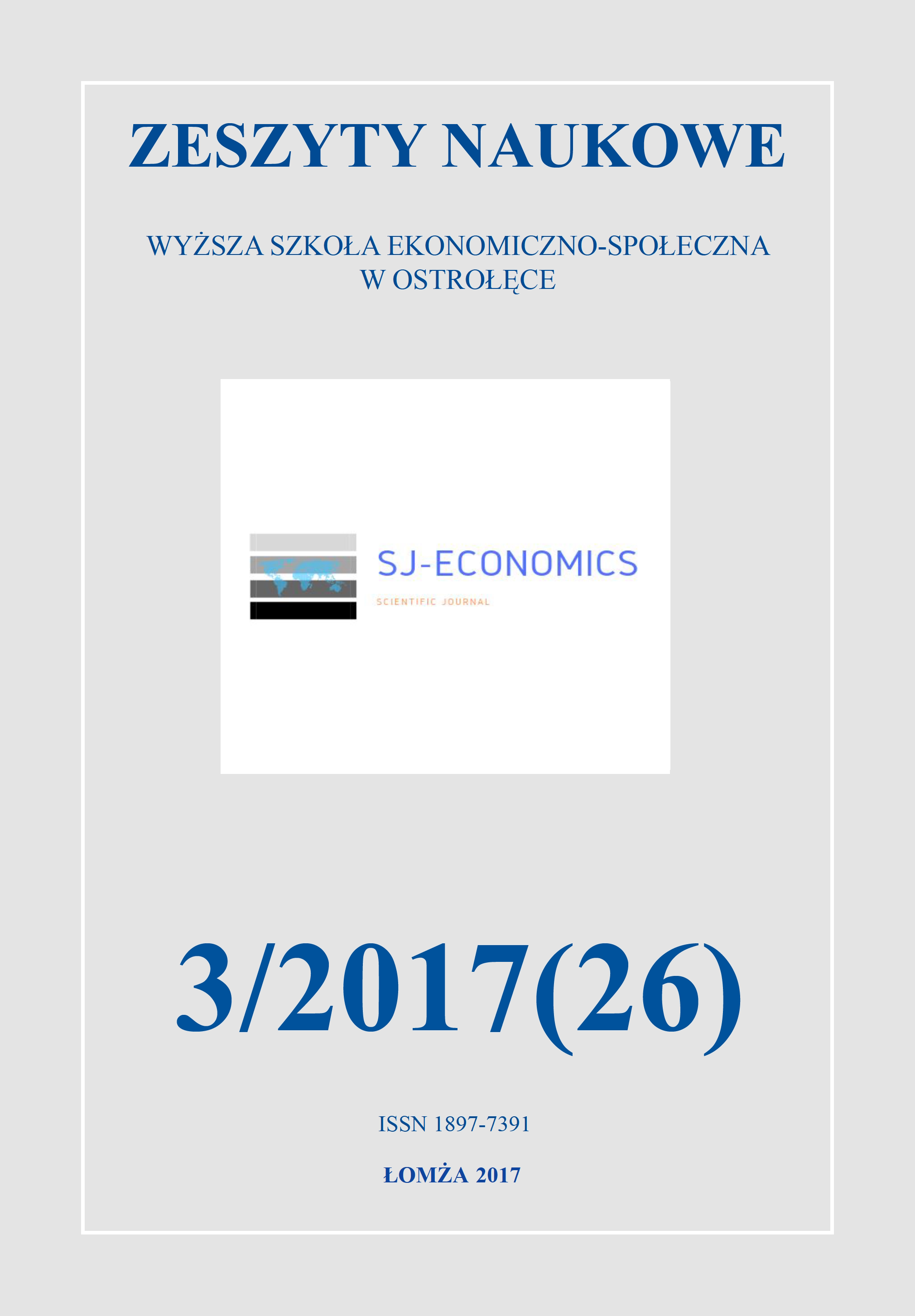TAXONOMIC MEASURES OF DEVELOPMENT IN THE STUDY OF ENVIRONMENTAL QUALITY IN RURAL AREAS OF POLAND
DOI:
https://doi.org/10.58246/sjeconomics.v26i3.158Keywords:
rural areas, natural environment, zero unitarization method, typological groupsAbstract
The aim of the article is the assessment of the spatial diversification of rural areas in
Poland, in terms of quality of the natural environment. The study covered years 2006 and 2014, making it possible to detect changes of the phenomena. Linear ordering of rural areas across voivodeships was carried out using the zero unitarization method. The research shows that rural areas in Polish voivodships exhibit spatial differentiation in terms of environmental quality. This is related to the overall socio-economic development of these areas, the level of industrialization, etc.
Because the part of areas are characterized by unfavorable indicators of the quality of the environment, the attention should be paid to the need to undertake effective actions to protect the environment and to rationalize use of it.
Published
Issue
Section
License
CC-By licence - allows a work to be copied, modified, distributed, presented and performance of a work only on the condition that the original author is credited. It is a licence guaranteeing the broadest freedoms for the licensee.


